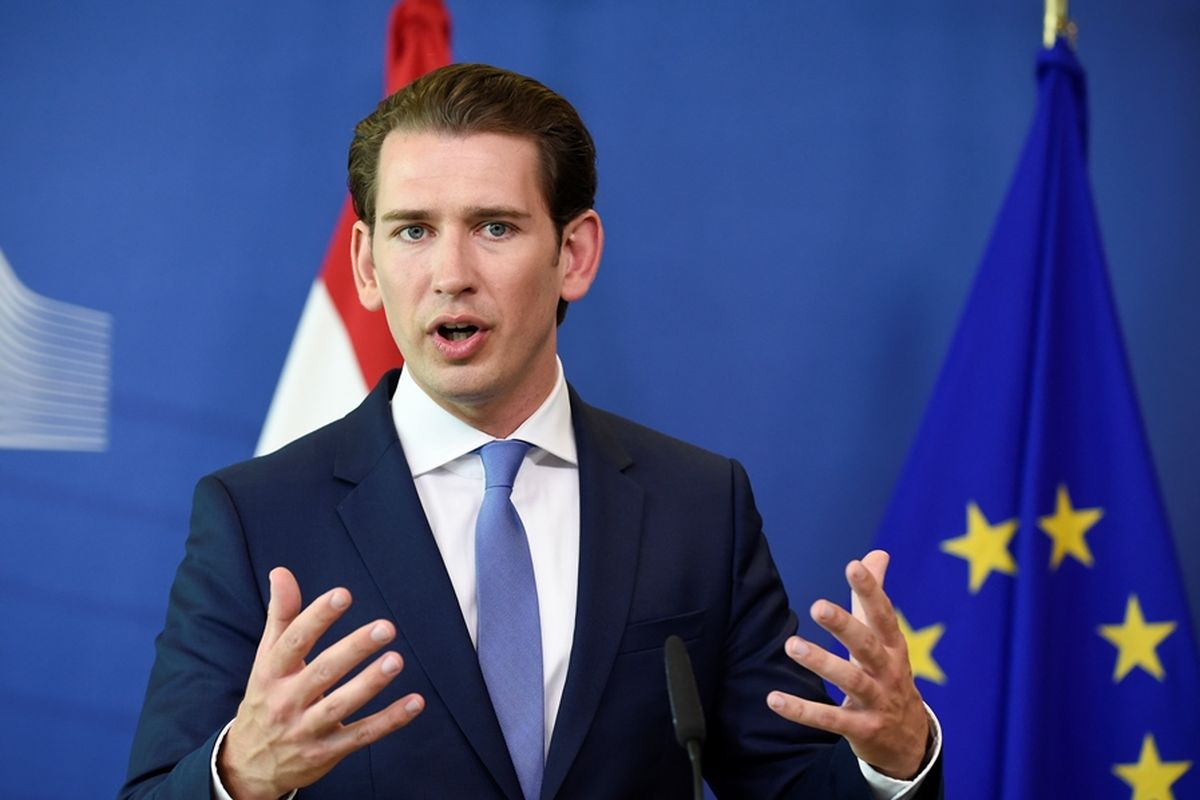Deadlocked EU Leaders Inch Closer to an Agreement for Coronavirus Recovery Fund

BRUSSELS, KOMPAS.com – EU leaders will make another attempt to break the deadlock over the bloc’s coronavirus recovery fund.
A furious row had previously taken place about grants for EU member states nearly derailed an agreement to the massive recovery fund.
The 27 EU leaders had failed to agree on a €750 billion bundle of loans and grants to pull Europe out of a recession resulting from the coronavirus pandemic.
The disagreement happened despite three days and nights of discussions. Originally, the bloc’s government leaders were to meet for only two days.
Read also: Revised Coronavirus Recovery Fund to Break Deadlock among EU Leaders
If talks over the coronavirus recovery fund do happen, it will be the longest EU summit since an 85-hour marathon in the French city of Nice in December 2000.
A deadlock has occurred between the coalition of the “Frugals” – the Netherlands, Sweden, Austria, Denmark, and Finland – and member states that have been ravaged by the Covid-19 virus such as Italy and Spain.
The “Frugals” sought to reduce the size of the package and impose strict rules on how it is used while the opposite party is seeking European support.
France and Germany are backing efforts by European Council president Charles Michel to broker a compromise by cutting the grant portion of the deal to 400 billion euros — down from his initial proposal of 500 billion — and raising the loan part to 350 billion, up from 250 billion.
Read also: Indonesia Imposes Biodiesel Program to Fight Smear Campaign Against Palm Oil in EU
But France's President Emmanuel Macron has clashed personally with the Netherlands' Mark Rutte and Austria's Sebastian Kurz, accusing them of putting the entire European project in danger through their "egotism" and threatening to storm off if they do not listen to his advice and that of Germany's Chancellor Angela Merkel.
Very close
Rutte told reporters he had come to the summit to take care of his own country, not make friends with other leaders and "go to each other's birthdays" — Merkel turned 66 on Friday, the first day of the talks — but said that, despite the tension, a deal was "very close".
"We haven't yet found the way through, and it could still fail, but I'm more optimistic than I was last night when, at one moment, I told myself, 'It's over'," Rutte told reporters.
Leaving the talks just after dawn on Monday, Macron said "it's not over, but it's tough" and back in Paris his economy minister Bruno Le Maire declared that "a deal is possible and a deal is necessary."


































